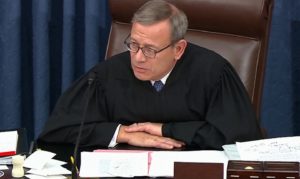Thomas Sowell: NYC Charter Schools Outperform Traditional Public Schools
Last year, renowned economist and social theorist Thomas Sowell wrote Charter Schools and Their Enemies. The book shows the extent to which charter schools in New York City outperform their…

Last year, renowned economist and social theorist Thomas Sowell wrote Charter Schools and Their Enemies. The book shows the extent to which charter schools in New York City outperform their traditional public school counterparts. The comparison is especially weighty since the schools examined share the same buildings and serve the same communities. At the same time, a million students remain on charter school waiting lists, essentially stuck in failing neighborhood schools.
In spite of data showing the success of charter schools, their existence continues to be opposed by some, without merit, according to Sowell. He identifies political hostility, especially from teachers unions, as well hostility from education officials who have a stake in preserving the traditional model.
But Sowell challenges preserving the status quo:
…schools exist for the education of children. Schools do not exist to provide iron-clad jobs for teachers, billions of dollars in union dues for teachers unions, monopolies for educational bureaucracies, a guaranteed market for teachers college degrees or a captive audience for indoctrinators. Those who want to see quality education remain available to youngsters in low-income minority neighborhoods must raise the question…“How is this going to affect the education of children?”
Sowell also challenges traditional assessments of the ‘black-white’ performance disparity:
In many cases, the disparities in educational outcomes between New York City charter school students and traditional public school students, educated in the same buildings, were greater than the black-white educational difference so widely discussed elsewhere. This may suggest that there are many reasons for educational disparities, and the reasons…cannot be reduced to those that are mentioned most often, or most loudly.
Public charter schools are established by private groups with government approval, receive public funding, and enroll students who apply (as capacity allows). They have grown from a few in the 1990s to serving millions today.



